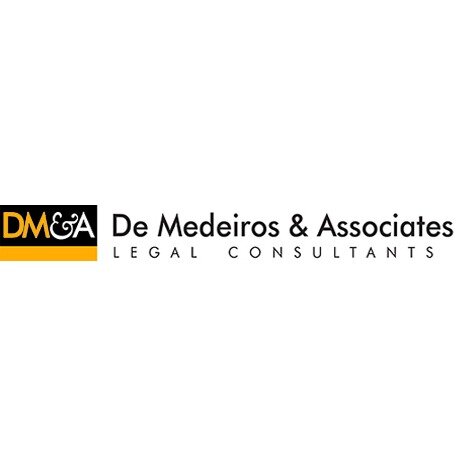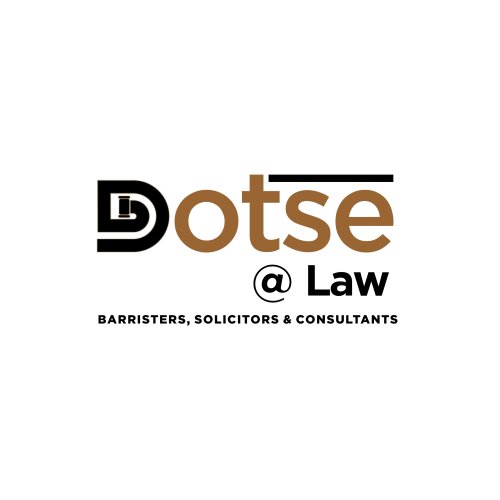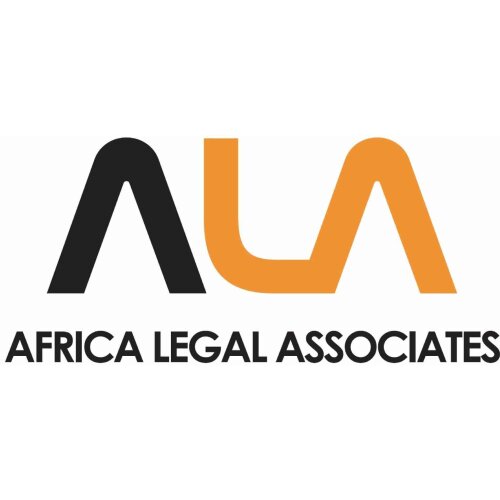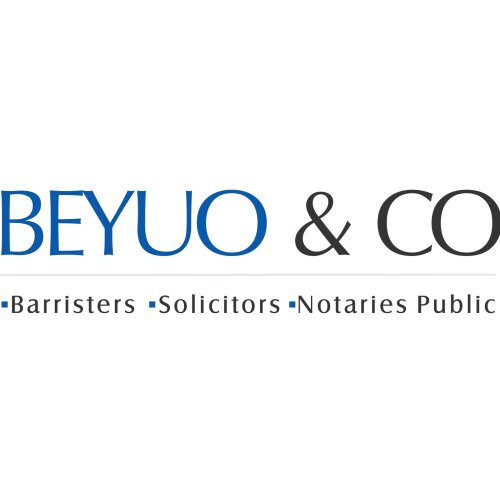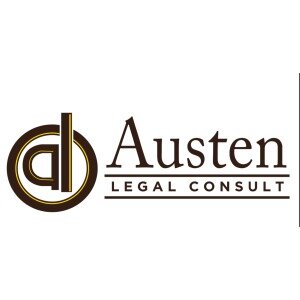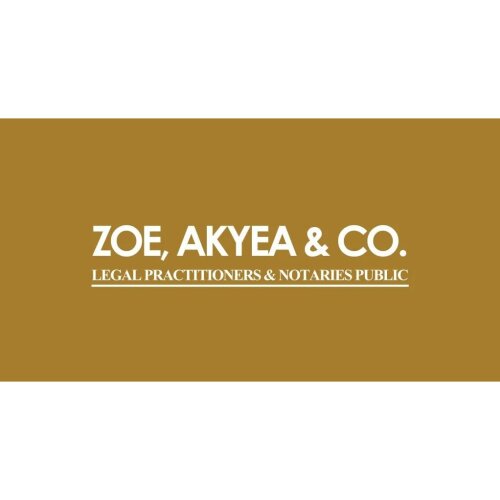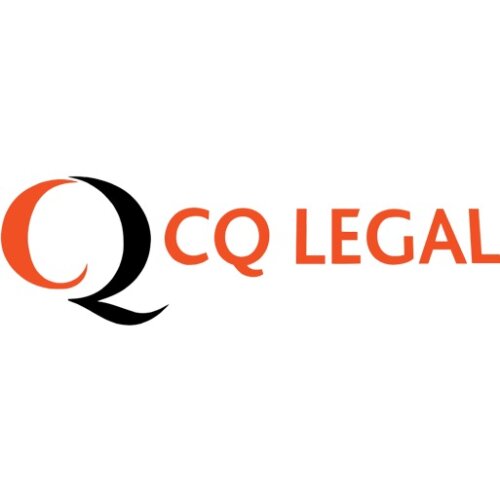Best Natural Resources Lawyers in Accra
Share your needs with us, get contacted by law firms.
Free. Takes 2 min.
List of the best lawyers in Accra, Ghana
About Natural Resources Law in Accra, Ghana
Accra, the capital city of Ghana, is rich in natural resources that play a crucial role in its economy and development. The city and the country at large boast a variety of natural resources including minerals, forests, water bodies, and land. These resources are governed by specific laws that ensure their sustainable management and equitable distribution. The legal framework encompasses laws, regulations, and policies concerning ownership, exploration, exploitation, protection, and conservation of these resources. Key concerns include environmental sustainability, equitable access, and management of resources, which are central to the city's socio-economic development plans.
Why You May Need a Lawyer
Dealing with natural resources involves complex legal frameworks that can be difficult to navigate without professional assistance. Individuals and businesses might require legal assistance in the following situations:
- Acquisition or leasing of land for agricultural, industrial, or residential purposes.
- Dealing with permits and licenses for resource exploration and exploitation, especially for minerals and timber.
- Navigating disputes over land ownership or resource rights.
- Complying with environmental laws and regulations to avoid penalties and legal actions.
- Negotiating contracts related to the sale and purchase of natural resources.
- Understanding and implementing sustainable practices in natural resource utilization.
Local Laws Overview
The legal framework governing natural resources in Accra is primarily guided by national legislation. Key aspects of these laws include:
- The Minerals and Mining Act, 2006, which regulates mineral resources extraction and aims at fostering sustainable mining practices.
- The Land Act, 2020, which governs land ownership and usage rights, including regulations on land acquisition and compensation.
- The Environmental Protection Agency Act, which mandates environmental assessments and management plans to minimize impact due to resource exploitation.
- The Forestry Commission Act, responsible for the protection and management of forest resources.
- Water-related laws, such as those governed by the Water Resources Commission Act, which regulate the use and conservation of water resources.
Frequently Asked Questions
What are the primary laws governing natural resources in Ghana?
Primary laws include the Minerals and Mining Act, the Land Act, the Environmental Protection Agency Act, and the Forestry Commission Act, among others.
Do I need a permit to extract minerals in Ghana?
Yes, acquiring the appropriate permits and licenses is required to legally extract minerals in Ghana.
How can I ensure compliance with environmental regulations?
Working with legal experts and environmental consultants can help you perform environmental assessments and create compliant management plans.
What is the process for acquiring land for resource exploitation?
The process generally involves application for land rights, environmental assessments, community consultations, and securing the necessary permits.
Can foreign entities own land for resource development in Ghana?
Ownership by foreign entities may be subject to restrictions, and they often engage in lease agreements for land use.
What are the legal implications of illegal mining (galamsey)?
Illegal mining is a serious offense with significant legal penalties including fines and imprisonment. Consulting a lawyer is advisable if accused.
How are land disputes resolved?
Land disputes can be resolved through legal proceedings, alternative dispute resolution mechanisms, or traditional resolution methods.
What is the role of traditional authorities in natural resources management?
Traditional authorities often play a crucial role, particularly in customary land management and community consultations.
Where can I report environmental violations?
Environmental violations can be reported to the Environmental Protection Agency and local government authorities.
How does the government ensure sustainable resource management?
The government implements policies, regulations, and frameworks that encourage sustainable practices and involve stakeholders in decision-making processes.
Additional Resources
For further assistance, you may consider reaching out to these organizations and bodies:
- The Ministry of Lands and Natural Resources
- The Minerals Commission of Ghana
- The Environmental Protection Agency (EPA), Ghana
- The Forestry Commission of Ghana
- The Water Resources Commission
- The Ghanaian Bar Association for referrals to legal experts in natural resources law
Next Steps
If you need legal assistance, consider the following steps:
- Identify and outline the specific natural resource issue you are facing.
- Prepare any relevant documents and evidence related to your situation.
- Search for lawyers or law firms specializing in natural resources law in Accra. The Ghanaian Bar Association can be a useful resource.
- Schedule consultations to discuss your case and understand your legal options.
- Engage a lawyer or legal team to guide you through the legal process, ensuring compliance and the protection of your rights.
Lawzana helps you find the best lawyers and law firms in Accra through a curated and pre-screened list of qualified legal professionals. Our platform offers rankings and detailed profiles of attorneys and law firms, allowing you to compare based on practice areas, including Natural Resources, experience, and client feedback.
Each profile includes a description of the firm's areas of practice, client reviews, team members and partners, year of establishment, spoken languages, office locations, contact information, social media presence, and any published articles or resources. Most firms on our platform speak English and are experienced in both local and international legal matters.
Get a quote from top-rated law firms in Accra, Ghana — quickly, securely, and without unnecessary hassle.
Disclaimer:
The information provided on this page is for general informational purposes only and does not constitute legal advice. While we strive to ensure the accuracy and relevance of the content, legal information may change over time, and interpretations of the law can vary. You should always consult with a qualified legal professional for advice specific to your situation.
We disclaim all liability for actions taken or not taken based on the content of this page. If you believe any information is incorrect or outdated, please contact us, and we will review and update it where appropriate.



